Apparently, I Should Be Using Face Oils On My Oily Skin—A Dermatologist Explains
Blotting papers be gone.
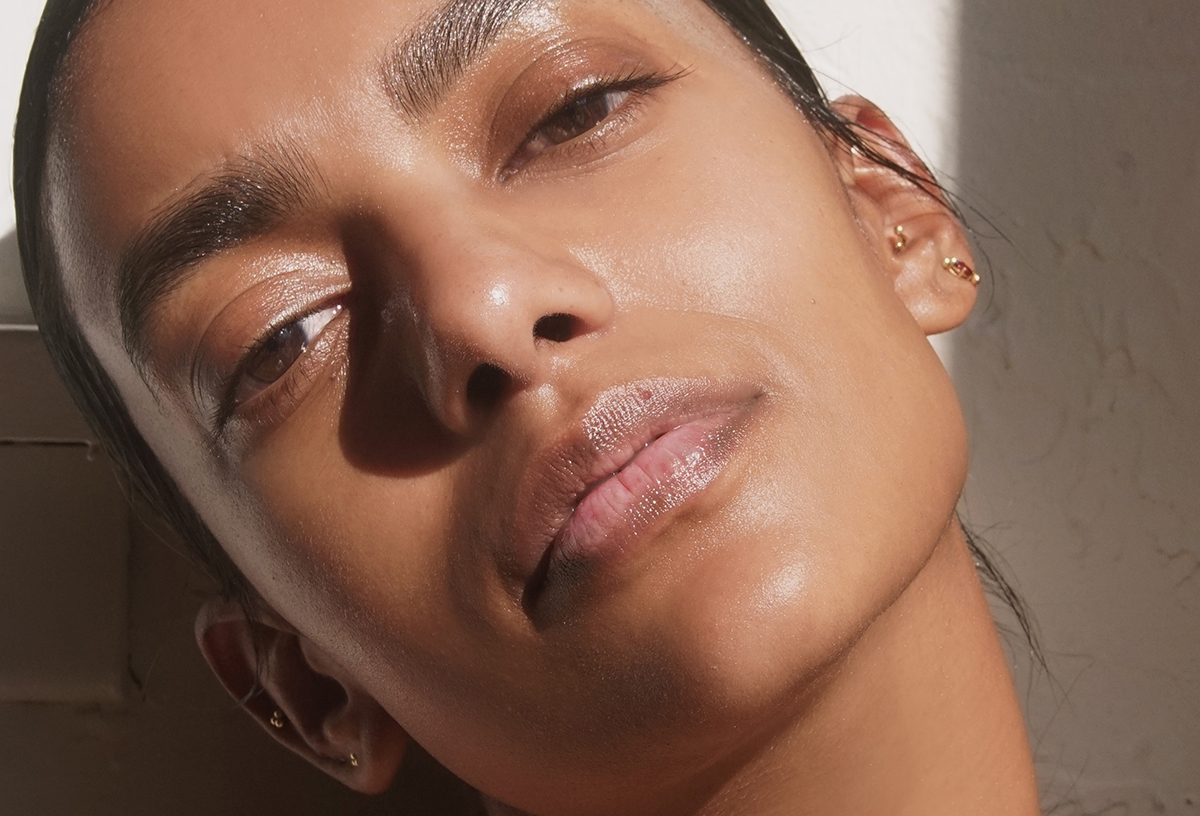
Even as a beauty editor, I’ve followed my fair share of bad skincare advice. Some of it simply didn’t work for me, while other tips were downright harmful. I thought I didn’t have to wear sunscreen because I have darker skin (myth! load up on SPF—always!). I bought into the lies about DIY skincare (it might sound obvious, but never ever put straight-up lemon juice on your skin). And I thought that I shouldn’t use face oils for oily skin.
Oh, how times have changed. In fact, the product that really got me into skincare was the Herbivore Botanicals Lapis Blue Tansy Face Oil. The texture. The color. The smell. The undeniable results—all of it. I knew it was a game changer from the very first application. And since then, I have been devoted to busting this particular myth and finding the best face oils for oily skin.
Plenty of myths dominate the narrative surrounding oily skin, (especially complexions of the break-out-prone variety). And many of the products might do more harm than good. A surprising amount of so-called solutions are filled with alcohol and other harsh, stripping ingredients that irritate and dry out your skin. This might compromise your skin barrier or make your skin overcompensate by producing more oil.
Featured image courtesy of Stella Simona.
1 of 25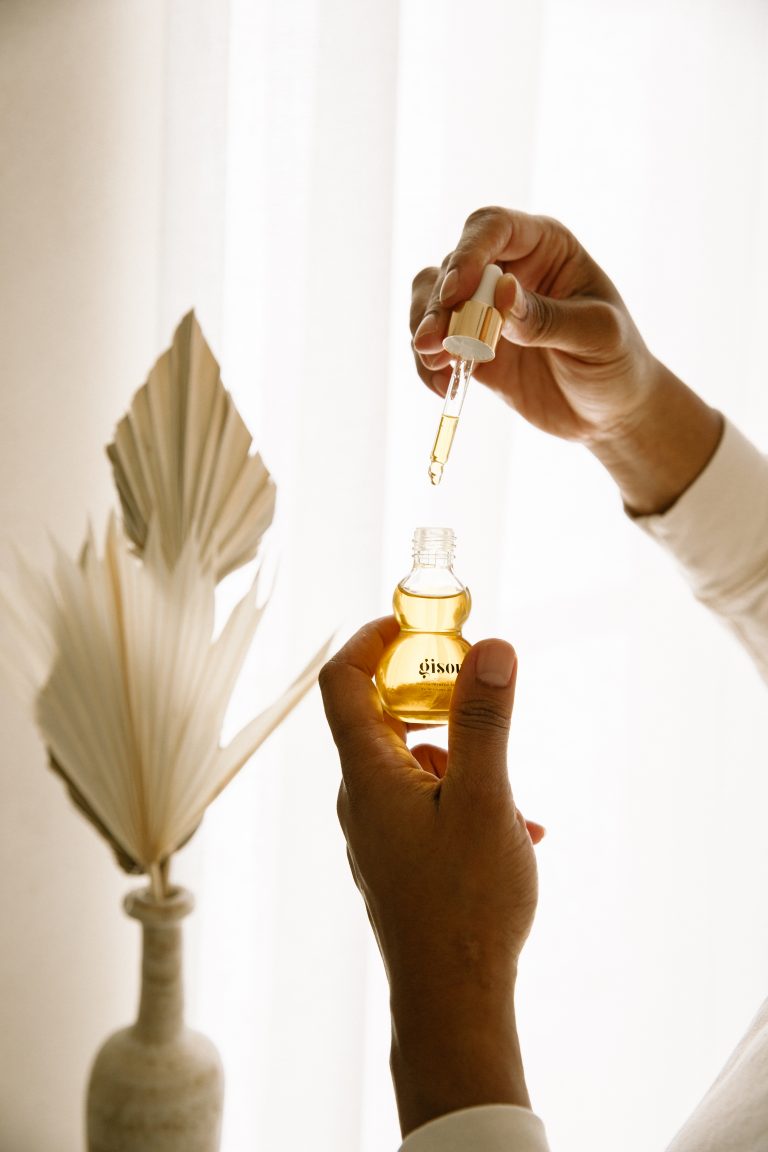

Subscribe
Get the goods.
Gatherings, food, design, wellness, and more—it's the newsletter you'll actually want to read.
Thanks for Signing Up!
Oops!
Looks like you’re already signed up or your email address is invalid.
Oops!
Looks like you unsubscribed before click here to resubscribe.
I would typically describe my skin as somewhere on the oiler side of combination. However, my recent call with Dr. Michelle Henry, MD, a dermatologist based in New York City, revealed that my skin might just be… oily. This is nothing to be ashamed of, she said. It’s just the way it goes! But it’s also not something you can change. “Most people with oily skin will know: their oil glands are more overactive,” Dr. Henry told me. But since face oils are my favorite part of my routine, it’s a relief to know that, yes, you can use them with oily skin.
This might sound counterintuitive. (It did for me too!) But for many people with oily skin, face oils can help balance the amount of sebum your pores secrete naturally. But it has to be the right kind of oil. Some heavier oils have the potential to do more harm than good—don’t let that scare you off. By adding some of the best face oils for oily skin, you can simplify your routine and supercharge your results. Listen to your skin by feeding it ingredients it loves in a form it can absorb. But how to find the best face oils for oily skin? Dr. Henry and I have you covered.
2 of 25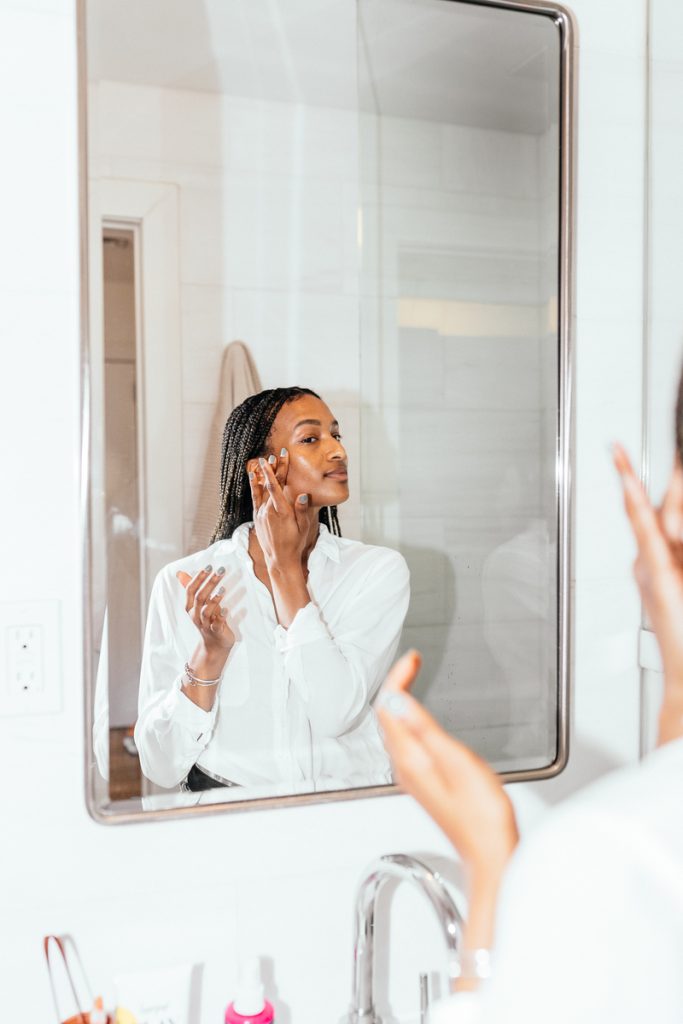
How do you know if you have oily skin?
There are three main skin types: oily, dry, and combination. “Oily and dry are genetic conditions,” Dr. Henry confirmed. “Dehydrated skin is different and situational.” Any skin type can be dehydrated. This happens when your skin barrier is compromised and is categorized by irritation. But don’t confuse it for dry skin. When your moisture barrier is healthy, you can tell what skin type you have based on how it feels throughout the day.
According to Dr. Henry, “people with oily skin will notice that they have to blot midday. Their skin is often shiny, especially in the T-Zone.”
How your skin feels after a wash or how it reacts to products will also tell you a lot about your skin type. “People with oily skin never get that tight, uncomfortable feeling unless they’re using something really harsh.” This means your skin has a lot of available moisture—and face oils can help balance it out.
What myths associated with oily skin?
Of course, one of the lies about oily skin is that you shouldn’t use face oils. But other false assumptions might make you shy away from using them, too.
“The biggest myth about oily skin is that it’s not sensitive,” says Dr. Henry. “So you can have sensitive and dry skin, but you can also have oily skin that is quite sensitive.” To prevent irritating sensitive skin, make sure to lock in moisture. Face oils are a good way to ensure you’re giving your sensitive skin the moisture it needs.
3 of 25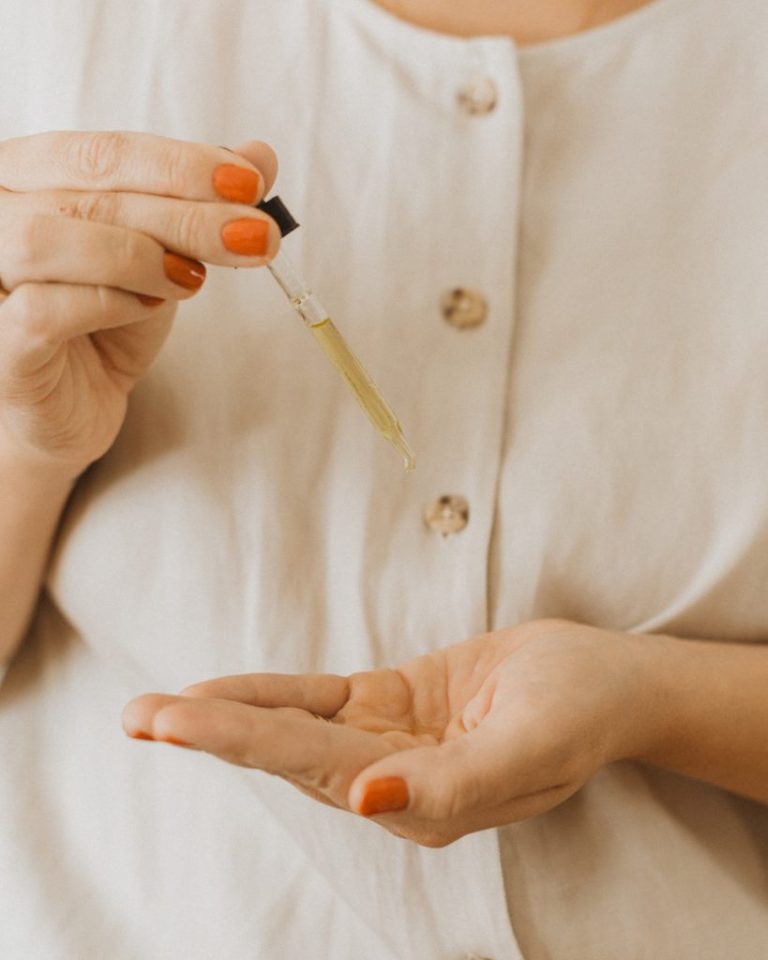
How do face oils treat oily skin?
“Face oils can help or hurt,” says Dr. Henry. “We don’t want face oils that are known for being comedogenic. Oils like coconut oil are really comedogenic. But oils that are not comedogenic can help lock in moisture. Those oils are light and easy to use.”
Good, lightweight oils to look out for include:
Argan OilRosehip OilSqualane OilMarula OilJojoba OilSunflower Seed Oil4 of 25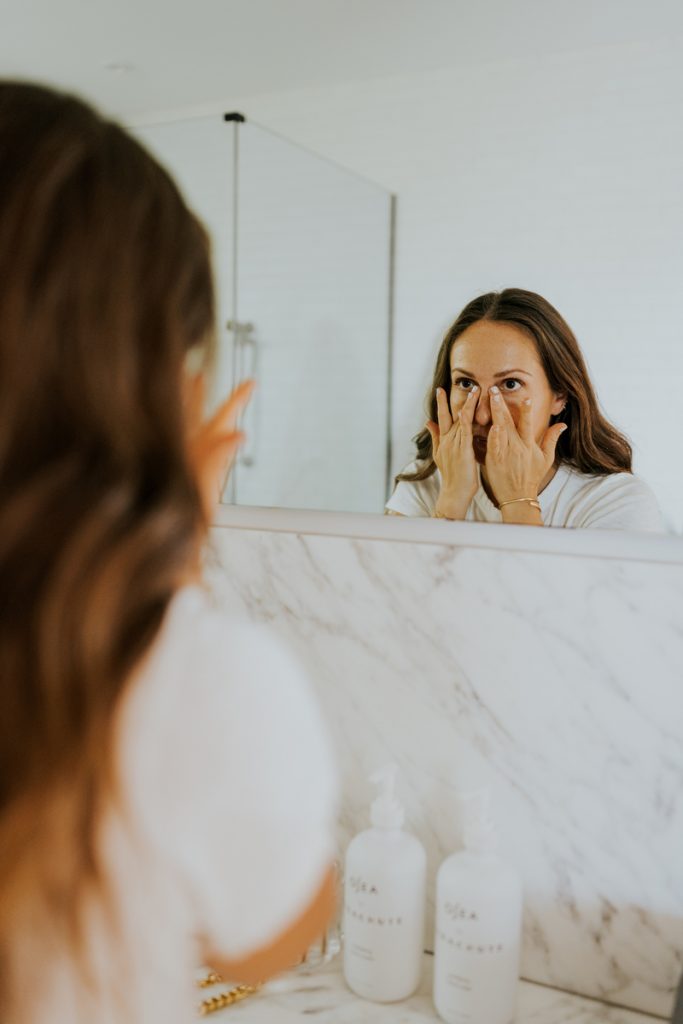
Can moisturizers be used with face oils?
Depending on the elements of your routine, “an oil might suffice,” says Dr. Henry. Oils alone don’t make up a routine. Be sure you’re giving your skin hydrating products too, then use oils as your last step to lock those properties in.
“I love using oils on top of a moisturizer for a boost of hydration. Oils don’t give moisture, they lock it in,” notes Dr. Henry
But again, make sure to choose non-comedogenic moisturizers. Dr. Henry recommends oil-free moisturizers, so you aren’t surprised by heavier oils clogging your pores and undoing the work of lighter, more beneficial oils.
What ingredients are good for oily skin?
“If you’re acne-prone, get products with ingredients like salicylic acid, glycolic acid, and retinol—those things that will help decrease the oiliness a bit. There are some studies that zinc may reduce the activity of the oil glands a little as well,” adds Dr. Henry.
5 of 25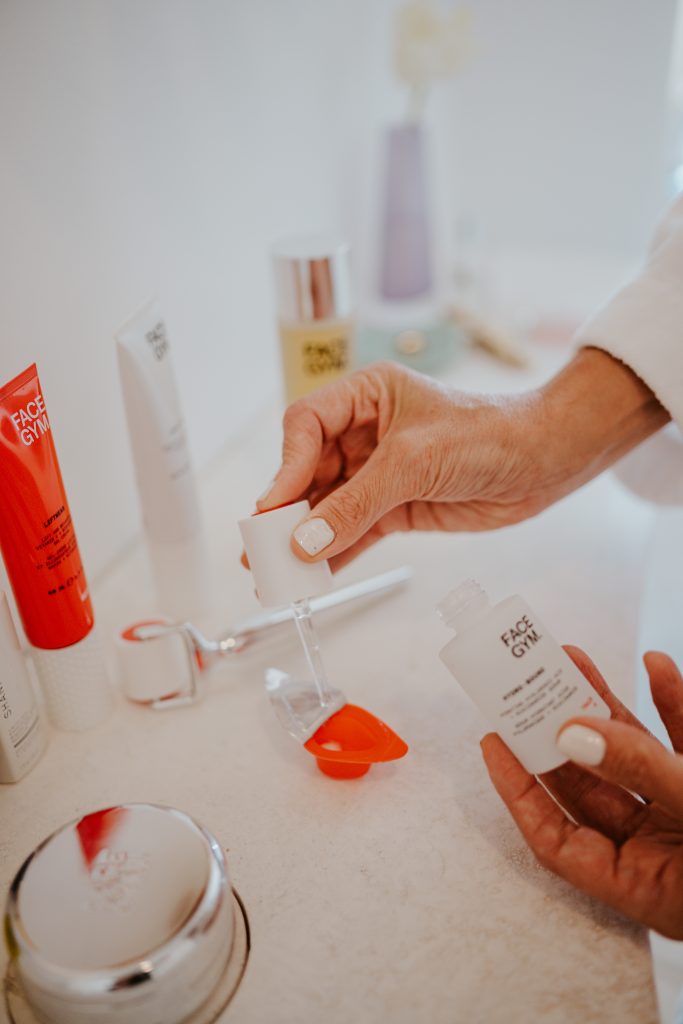

 ValVades
ValVades 
































